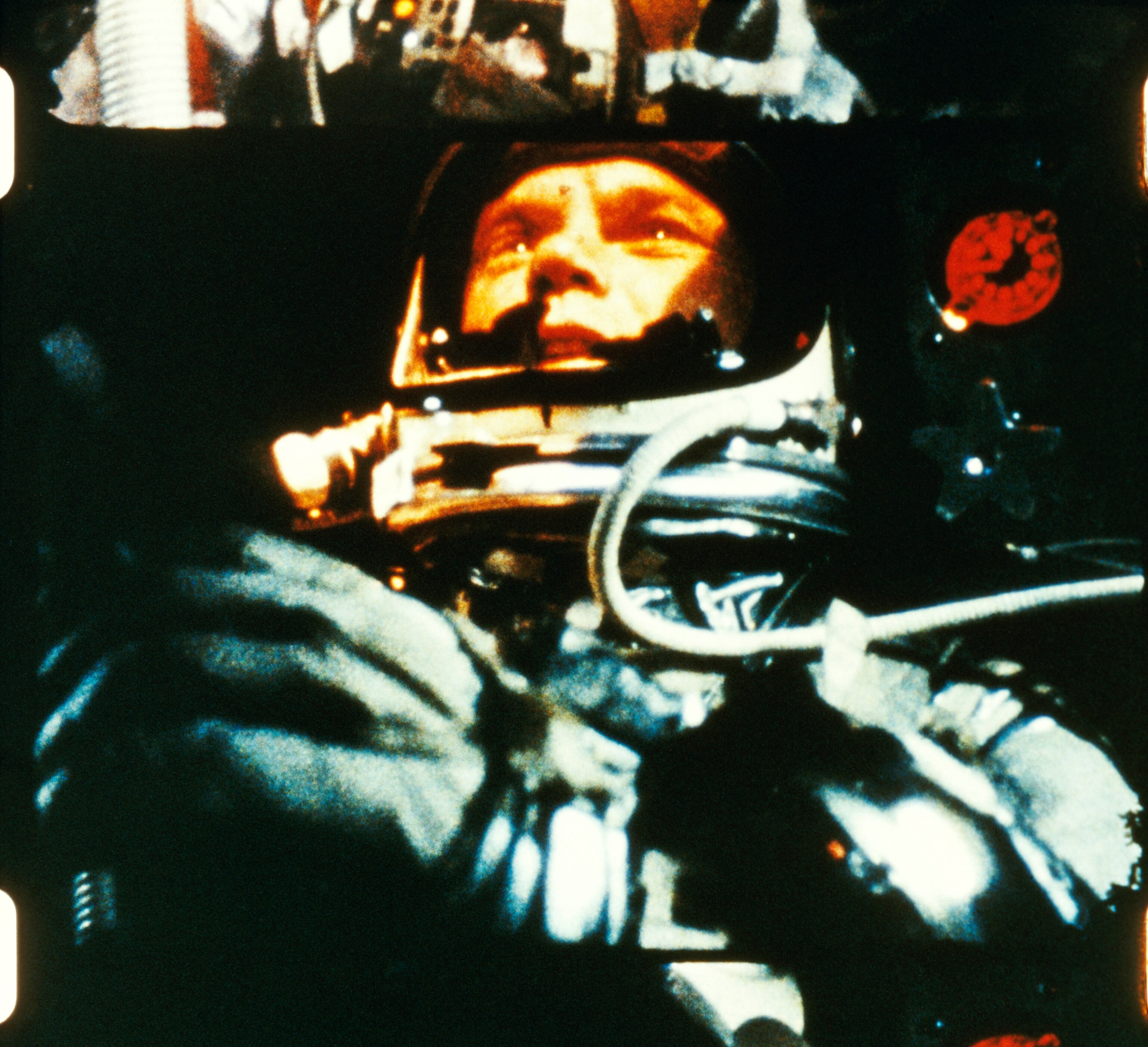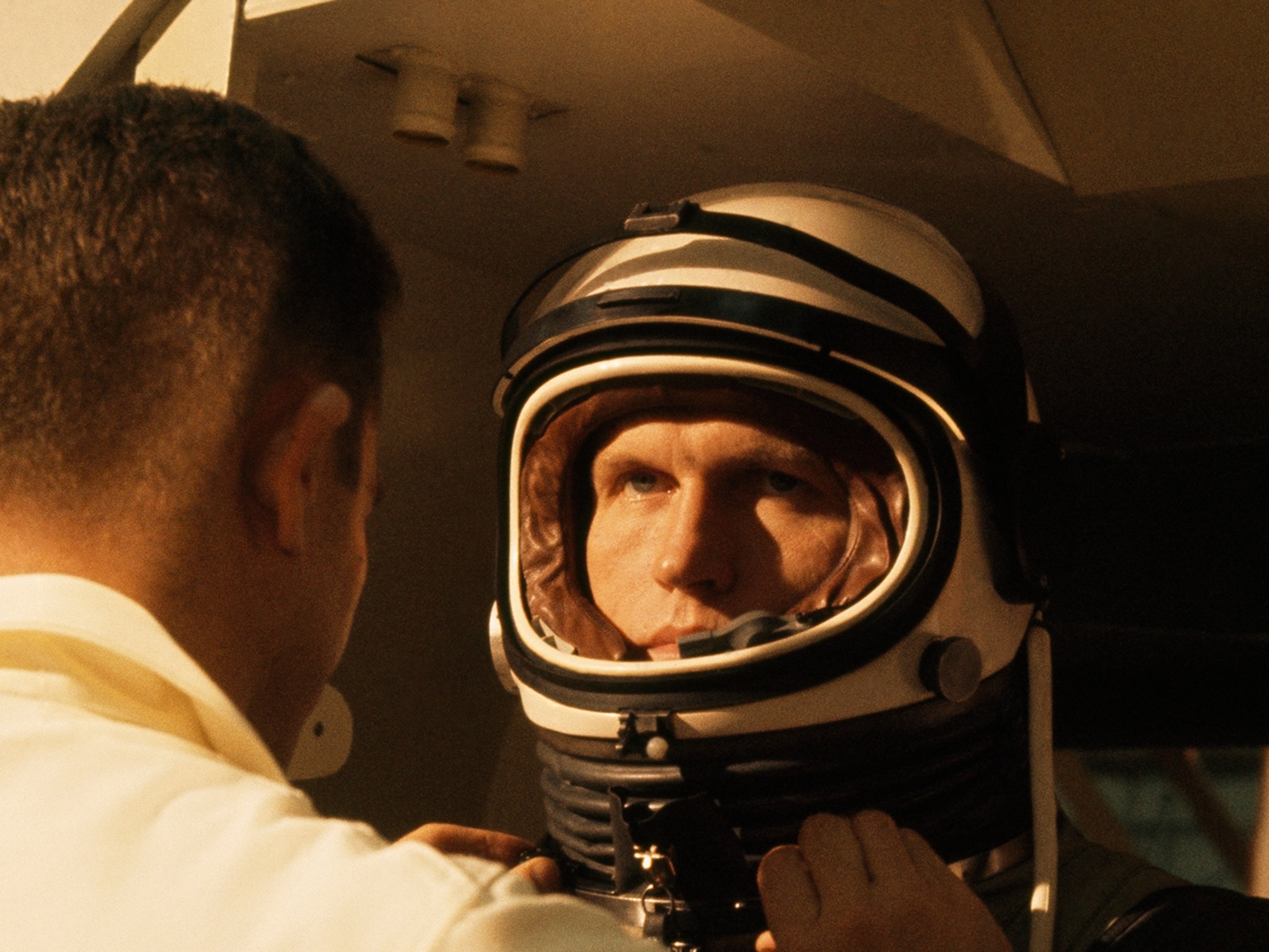
What John Glenn Told National Geographic In His Last Interview
"Someday we will land on Mars," Glenn said in his final days. "That will have us united as a country.”
Two wars, 149 combat missions and three trips around the planet made John Glenn a historic figure.
Seven minutes of radio silence from Friendship 7 made him an American hero.
Today, more than 95 years after it began, John Glenn’s long and remarkable journey came to an end.
I spoke with Glenn by telephone on October 24 for what would be the last interview of his life. Most of our conversation concerned a forthcoming National Geographic book on astronauts, for which I'm a contributor.
Glenn’s health began to decline about three years ago. He had heart surgery at the Cleveland Clinic in 2014, then a stroke that robbed him of some vision.
On the day I spoke with him, Glenn volunteered that his health was failing.
But his recall of specifics from February 20, 1962—when the nation held its collective breath for seven minutes, fearing a potentially loose heat shield would cause Glenn’s Friendship 7 spacecraft to incinerate as it re-entered Earth’s atmosphere—was astonishing. (See intimate pictures of Glenn's historic orbit.)
And he told me that twice during this year’s presidential campaign, when Hillary Clinton was campaigning in Columbus, she visited privately with Glenn and his wife, Annie, at their Columbus area home.

The Friendship 7 flight guaranteed adulation would follow Glenn for the rest of his days—through 24 years as the longest-serving U.S. Senator in Ohio history and his return to space in 1998 aboard the Space Shuttle Discovery. But the final act of Glenn’s public life was the one of which he was perhaps the proudest: creating the John Glenn School of Public Affairs at Ohio State University.
By every measure imaginable, John Glenn’s was a live well lived, for a nation well served.
I knew Glenn well for 42 years. I first met him in 1974, during his successful general election campaign for the U.S. Senate.
During a talk last year in his office on the Ohio State campus, Glenn told me rarely did a day pass without someone asking about his 4 hour, 55 minute flight aboard Friendship 7.
But while Glenn left his New Concord, Ohio hometown long ago, New Concord’s values never left Glenn.
Given the enormity of his fame, Glenn remained remarkably grounded. And he never lost the conviction America’s best days are ahead of it.
“In science, medicine and other areas, we have tremendous opportunities in this country,” he told me in our interview. “And those opportunities will lead to amazing events. That’s the nature of this country. There will be other big days.
“Think what it will be like when we find the answer to cancer and other medical problems. And someday we will land on Mars. And that will be another big step in our movement out into space. And that will have us united as a country.”
Glenn also talked about his return to space at age 77, arguing it was arguably as meaningful as his first flight.
“And the reason is a lot of things that happen to the human body as you get old are very similar to what happens to the human body in space—on a more accelerated basis,” he explained.
“We should have more elderly people go up," he continued. "My one mission didn’t prove everything. We need a bigger sample of people in that age bracket to make it more meaningful to scientists.”
Editor's Note: Brent Larkin is a 47-year Cleveland journalist who spent nearly 20 years as the Plain Dealer’s editorial page editor. He retired in 2009 and now writes a weekly column for the newspaper and its Cleveland.com website.




